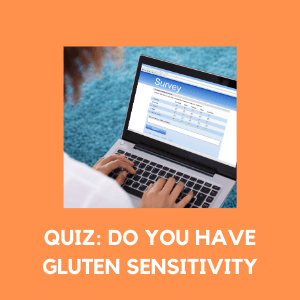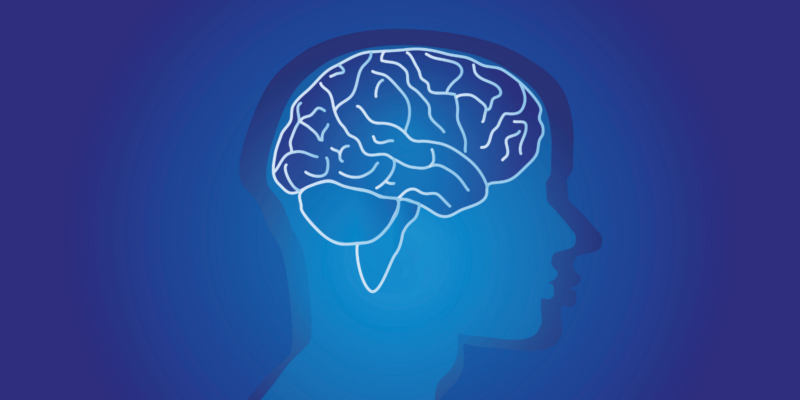(An earlier version was posted in April 2019. Updated November 2019)
What Is Gluten?
Gluten is a family of proteins found in grains like wheat, spelt, rye and barley. It consists of two main proteins, glutenin and gliadin. Gluten is the component of grains that helps them bind together, like when you roll out a roti (Indian flatbread) or while making bread.
Gluten-containing food are
- Roti made with wheat (Atta, maida)
- Bread
- Biscuits
- Cakes
- Semolina (Sooji)
- Pasta
- Couscous
- Oats
- Tabbouleh
- Many processed food contains gluten …..hidden gluten. These may not be obvious sources but relevant nonetheless. Commonest are soups, and sauces, gravy thickeners in restaurants, the coating (breading) in chicken nuggets, Indian-Chinese food from your neighbourhood pushcart. (Which possibly contains MSG too!)
What Is Non-Celiac Gluten Sensitivity (NCGS)?
Non-celiac gluten sensitivity (NCGS) is a condition where you have abnormal symptoms within a few hours or days of eating gluten-containing food, but you do not have Celiac Disease or wheat allergy. ((Ref)). Your symptoms go away when you stop eating gluten-containing food, but they recur within hours or days of eating gluten again.
Is it gluten or wheat sensitivity?
Recent studies have suggested that besides gluten it could be gliadin ((Ref)) or fructans, fructose or FODMAPs that could cause sensitivity symptoms. ((Ref)). Additionally, amylase trypsin inhibitors in wheat could cause an immune reaction as well ((Ref)). Sensitivity to food preservatives and artificial colours in gluten-containing food is another possible explanation for your symptoms.
In research, it is important to know which component of wheat is causing problems because often the goal is to find a drug target. In the real world, I would encourage you to find out about your gluten sensitivity by taking the quiz, then eliminating gluten from your diet for a specific period of time and checking how you feel (The steps are described later).
Wheat allergy and wheat sensitivity are not the same!
Some of these terms may seem mere semantics but from a physician’s perspective, they are very important. This table adapted from a paper by Dr. Alessio Fasano in the journal NEJM explains the differences between celiac disease, wheat allergy and gluten sensitivity. ((Ref))
Differences Among Celiac Disease, Gluten Sensitivity and Wheat Allergy
| VARIABLES | CELIAC DISEASE | GLUTEN SENSITIVITY | WHEAT ALLERGY |
| Interval between exposure to gluten & symptoms | Weeks to years | Hours to days | Minutes to hours (often an emergency) |
| Immune response | Autoimmunity | Possibly innate immunity. (Not autoimmune) | Allergic immune response |
| Autoantibodies | Almost always present | Almost always absent | Always absent |
| Enteropathy (Gut abnormalities) | Almost always present | Always absent | Always absent |
| Symptoms | Similar to wheat allergy and gluten sensitivity | Similar to wheat allergy and celiac disease | Similar to celiac disease and gluten sensitivity |
What conditions are associated with gluten sensitivity?
| AUTOIMMUNE DISEASES ((Ref)) | NON-AUTOIMMUNE DISEASES ((Ref)) |
| Type 1 Diabetes | Ataxia (loss of control of body movements) |
| Hashimoto’s Thyroiditis | Neuropathy (Condition affecting nerves) |
| Multiple Sclerosis | Convulsions/seizures |
| Sjogren’s Syndrome | Depression, anxiety, psychosis |
| Dermatitis Herpetiformis | Schizophrenia, Bipolar Disorder |
| Autoimmune Hepatitis | Irritable Bowel Syndrome (IBS) |
| IgA Nephropathy | Fibromyalgia |
| Psoriasis | Skin rash |
| Mixed Connective Tissue Disorder | Asthma |
| Ankylosing Spondylosis | Autism |
| Rheumatoid Arthritis | Migraines |
| ANA Positivity | Rhinitis |
| Scleroderma | |
| Interstitial cystitis |
What are the symptoms of Non-Celiac Gluten Sensitivity?
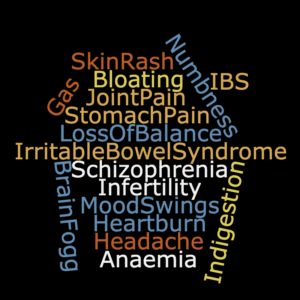
As you can see in the image on the left, the symptoms of NCGS may be related to your gut (Intestinal Symptoms) or completely unrelated to the gut (Extraintestinal Symptoms).
How Do You Detect Non-Celiac Gluten Sensitivity?
There are no blood tests for NCGS or wheat sensitivity.
Diagnosis of NCGS (Gluten sensitivity) is by eliminating gluten from your diet and tracking your symptoms. If you feel better when not eating gluten, but your symptoms return when you reintroduce it, then you have gluten sensitivity.
How to detect gluten sensitivity:
- Take the quiz Are You Sensitive To Gluten Containing Food. At baseline, you have to remain on a gluten-containing diet.
- After taking the quiz, stop eating gluten-containing food for at least 2 weeks.
- Repeat the quiz after stopping gluten-containing food for at least two weeks. Though the time frame recommended is two weeks, some of you may feel better in 2- 3 days, while others may take 4-6 weeks or longer.
- Compare your “before” and “after” scores. If your “after” scores are lower than your “before” scores, you are likely to be gluten sensitive.
Take The Quiz
Celiac Disease Tests Cannot Diagnose Gluten Sensitivity!
I hear this from some of my patients:” My doctor says I don’t have a problem with gluten because my celiac disease tests are negative.”
Gluten sensitivity and Celiac Disease are not the same. Therefore, tests for Celiac Disease cannot detect gluten sensitivity.
Differences Between Celiac Disease and Non-celiac Gluten Sensitivity
| CRITERIA | CD | NCGS |
| Genes HLA DQ 2 & DQ 8 | Present | Absent |
| Autoantibodies | Present
(Autoimmune Disease) | Anti-gliadin IgG antibodies may be positive. ((Ref)) |
| Immune-mediated intestinal problem detected on intestinal biopsy. | Present | Absent |
| Gut related symptoms | Present | Present |
| Symptoms outside the gut | May be present | Usually
present |
| Specific tests to detect disease | Available | Not available |
| Treatment | Stop eating gluten | Stop eating gluten |
Important
- Symptoms: Celiac Disease (CD) and NCGS both have similar symptoms. Therefore, it is impossible to differentiate between the two based on symptoms alone. However, nutrient depletions like iron deficiency and bone loss are more common in CD.
- Celiac disease diagnosis requires blood tests and intestinal biopsies (in some cases).
- Celiac Disease blood tests are relevant only if you have been eating gluten. If you haven’t been eating gluten-containing food, the tests for celiac antibodies may be negative even if you have celiac disease.
- The treatment for Celiac Disease and gluten sensitivity (NCGS) and wheat allergy is to eat a gluten-free diet.
How long should you remain gluten-free?
- If you have Celiac Disease or wheat allergy, you must stay away from gluten for life. (Difficult, eh?)
- If you have an autoimmune condition, you should stop eating gluten long-term. This is because of the association of gluten with “leaky gut.”
- If you are gluten or wheat sensitive and do not have any autoimmune condition, you may consider reintroducing gluten and tracking your symptoms again. Studies recommend using 8-10 grams of gluten as a challenge. One slice of bread contains approximately 2-4 grams of gluten.
- How much is too much? Gluten sensitivity is like a spectrum. Some of you cannot tolerate even minuscule amounts of gluten, while others can tolerate occasional transgressions.
Being gluten-free as opposed to going gluten-free.
What do I mean by that? Many of you replace gluten-containing food with store-bought gluten-free sugary, ultra-processed, high-carbohydrate food. Many of you are pre-diabetic, and I have recommended a low-carbohydrate diet. Unfortunately, most gluten-free food contains a considerable amount of carbohydrates.
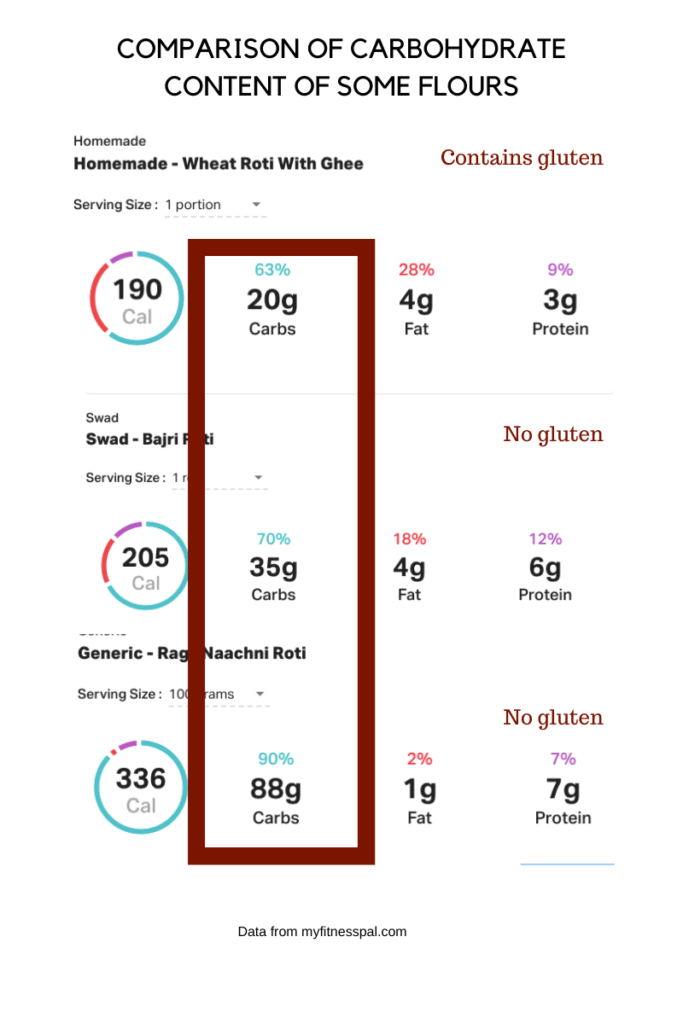
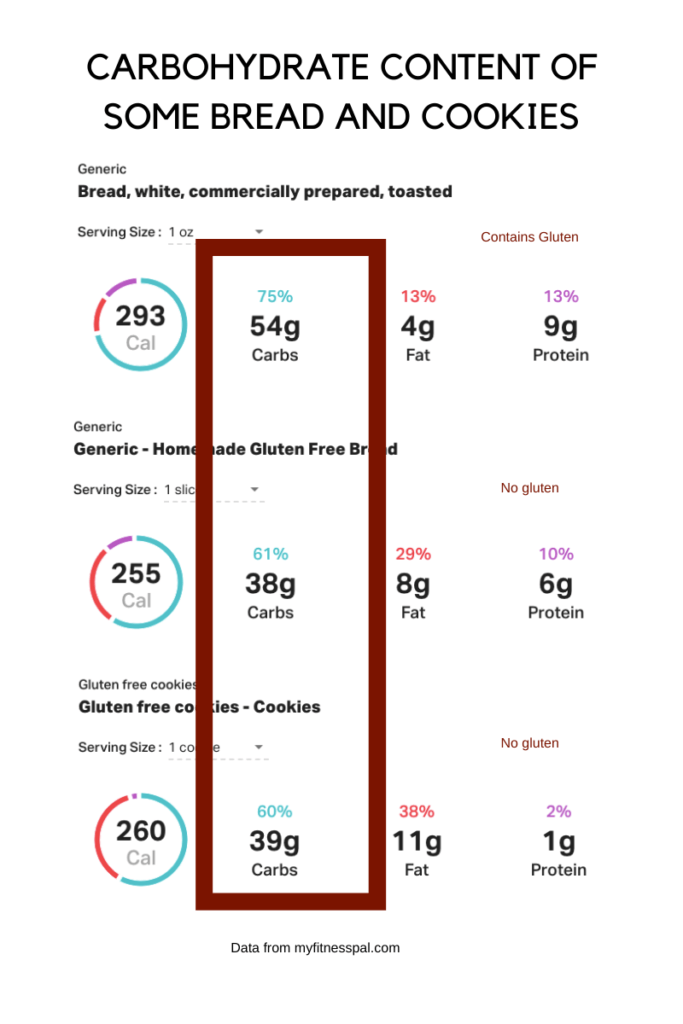
To quote my associate Michal Ofer,
I like to tell people to be gluten free as opposed to going gluten free. This means eating in new and inventive ways and not placing too much emphasis on replacing previously enjoyed foods with a less than optimal gluten free option.
Michal Ofer
Summary
- Gluten sensitivity or wheat sensitivity, and celiac disease are different. Non-celiac gluten sensitivity (NCGS) is a known clinical condition.
- The symptoms of NCGS may not be related to the gut.
- Wheat allergy is completely different from celiac disease and NCGS. Wheat allergy may be a medical emergency.
- There are no blood tests (or genes) for NCGS. The best way to find out is to eliminate gluten from your diet and track symptoms before and after stopping gluten (Quiz).
- Celiac Disease tests cannot detect NCGS.
- If you have Celiac Disease, your blood tests may be negative if you haven’t been eating gluten.
- If you have autoimmunity, you may need to stay away from gluten long-term.

